The Cost of Living ‘crysis’
“It is unacceptable that there are 4.3 million children are growing up in poverty. This has a huge impact on their education and their whole lives!” Chorlton’s high school headteacher Zoe Morris.
January 16, 2023
91% of adults in Great Britain reported an increase in their cost of living in recent months and as we all know: inflation is crazy, and England’s government is in shambles in the country’s time of need. People are riding the bus and spending time in the library all day just to feel warm and avoid turning up their own heating. Yet the government sits idly. The government have announced the support to getting the country through this crisis, including £400 off energy bills for all households. But low-income homes are still struggling to provide food due to the constant increase in food and fuel prices. However, all hope is not lost as behind the scenes people have been working to better the situation.
Schools have been working hard to try and resolve or even just lighten the circumstances and impact the cost-of-living crisis has had on students and their families. Chorlton High Schools head teacher Zoe Morris explained that for their students they provide: “free breakfast and free sanitary products [that are] available for all.” They also have a skilled pastoral team that identify and discretely provide students with uniform, stationary, reading books, books, revision guides. As well as this they also recently set up a room which they use to source key items that families may need and then distribute them that are donated by: “staff, local businesses and parents in the community.”
She explains that students: “should not be worried about being hungry or not being able to afford equipment”. They should be concentrating on learning. But should schools have to do this? It is unfortunate that they have to provide what the government isn’t- basic needs.
According to Abraham Maslow, his hierarchy of needs is a theory of motivation which states that five categories of human needs dictate an individual’s behaviour. Those needs are physiological needs, safety needs, love and belonging needs, esteem needs, and self-actualisation needs where the resources people need to learn falls into the category of physiological needs. His theory also states that failure to meet all these needs can result in a person going through feelings of loneliness and self-doubt.
So, what are the solutions?
Zoe Morris had said the government could help by: “expanding the provision of free school meals for all families of Universal benefit”. This would positively affect 800,000 children who are currently not entitled despite coming from low-income households providing them with a free school meal. Like Chorlton High School many other schools have been working to get students and families through this crisis and we are grateful for all their help now and in the future when these students become the future. But will schools be able to continue doing the governments job, or will the government step up to their own responsibilities?


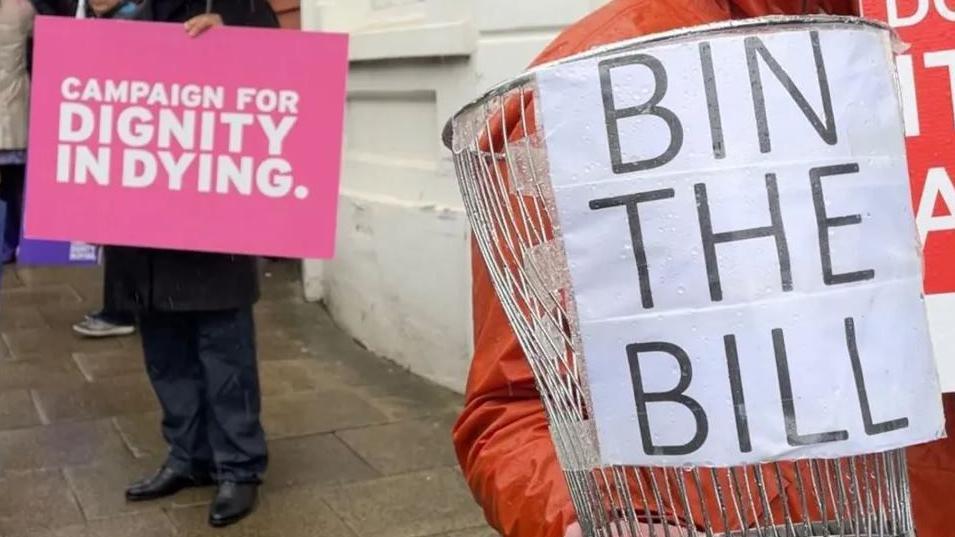
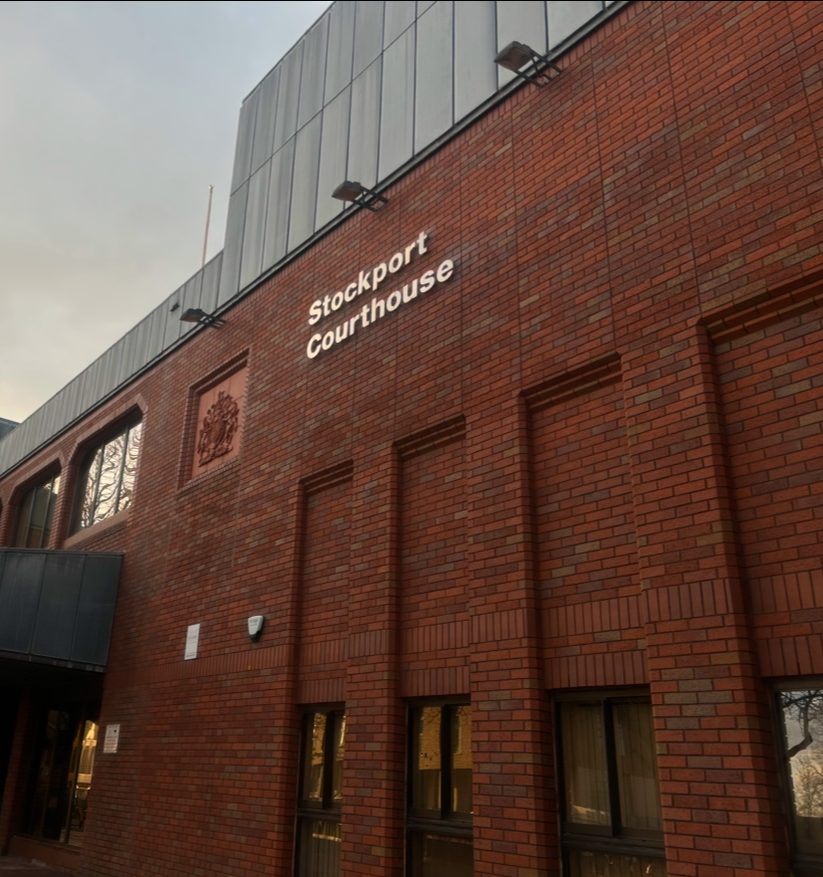

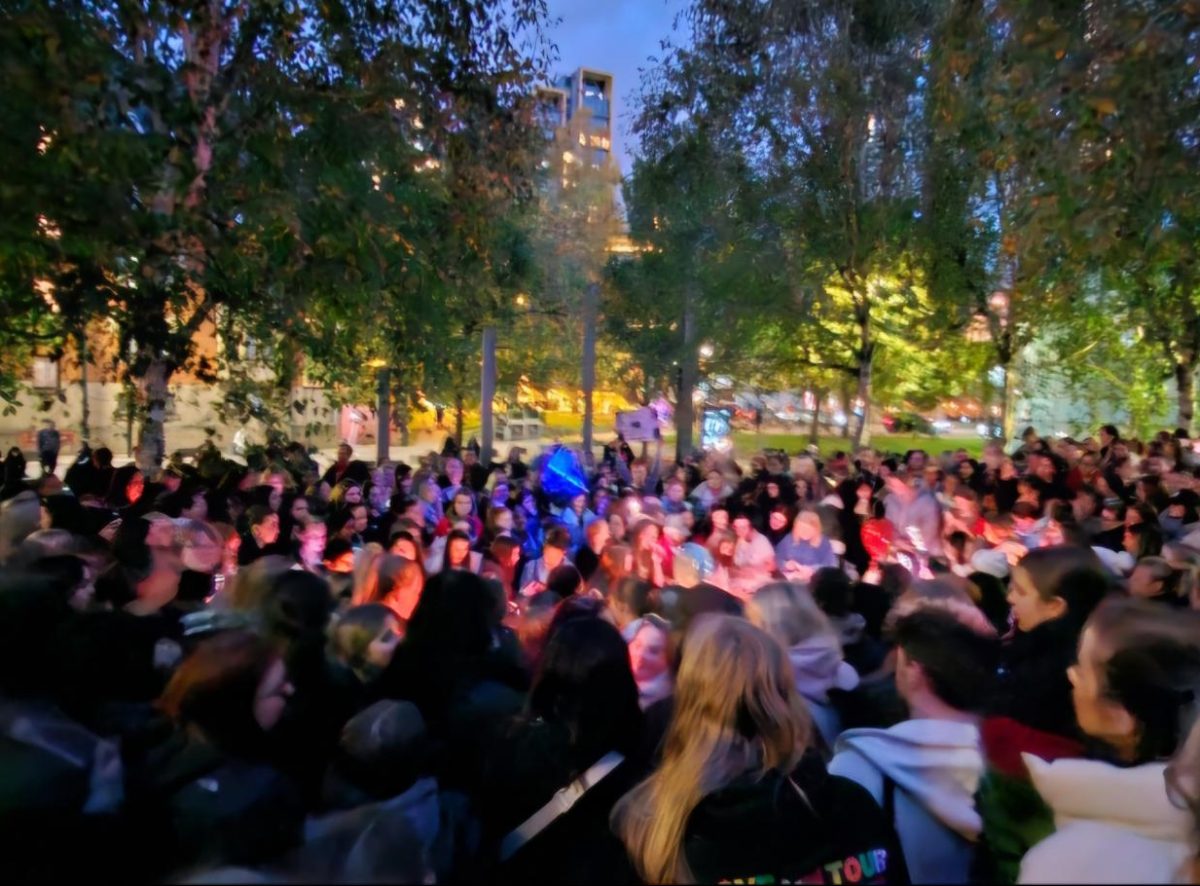
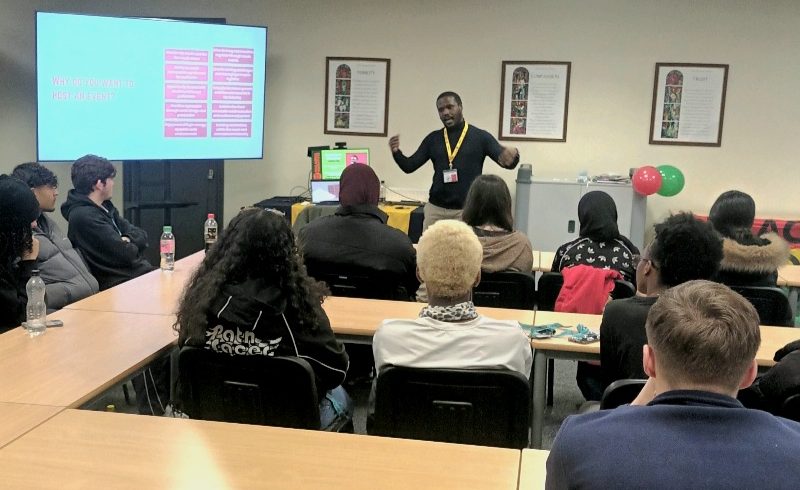
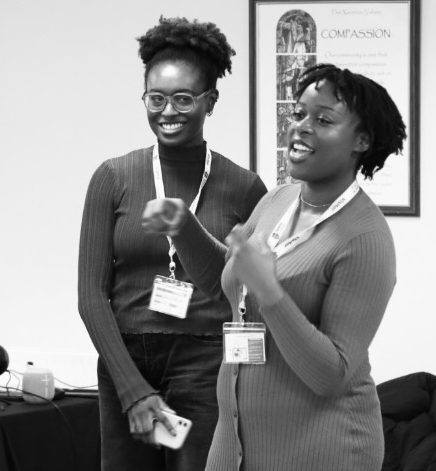


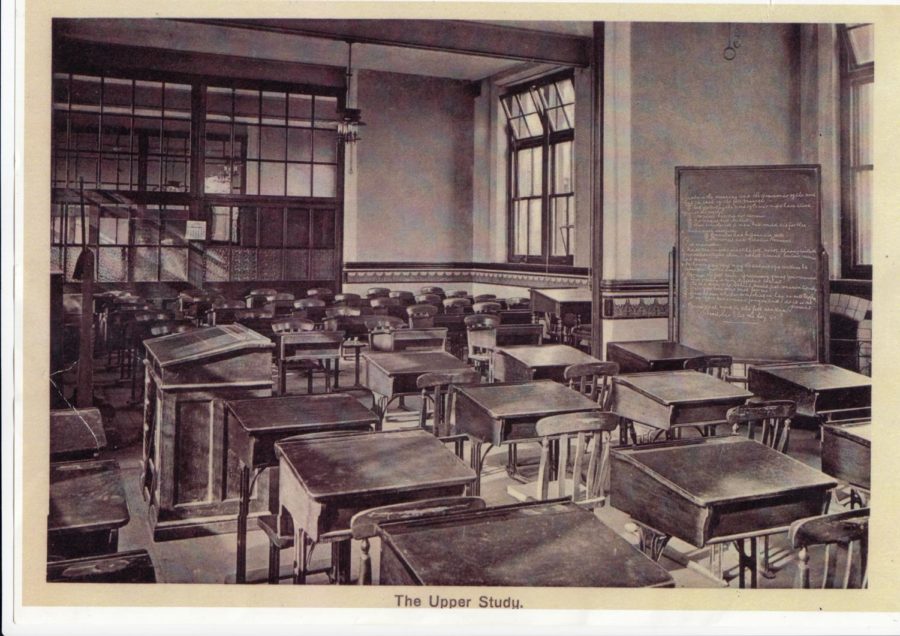
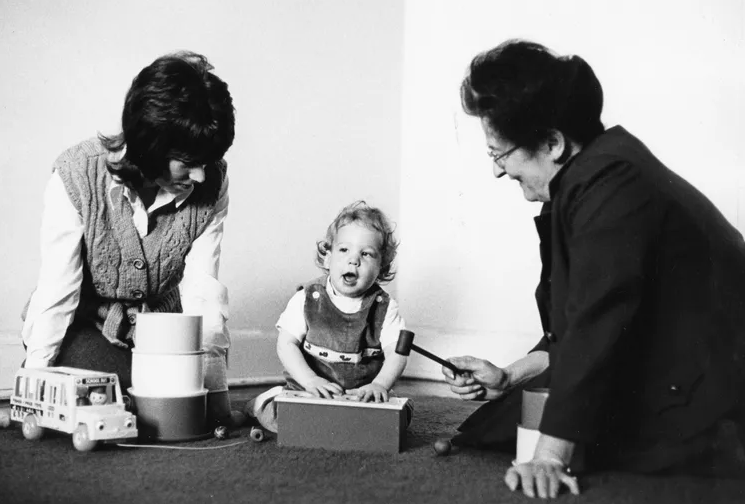



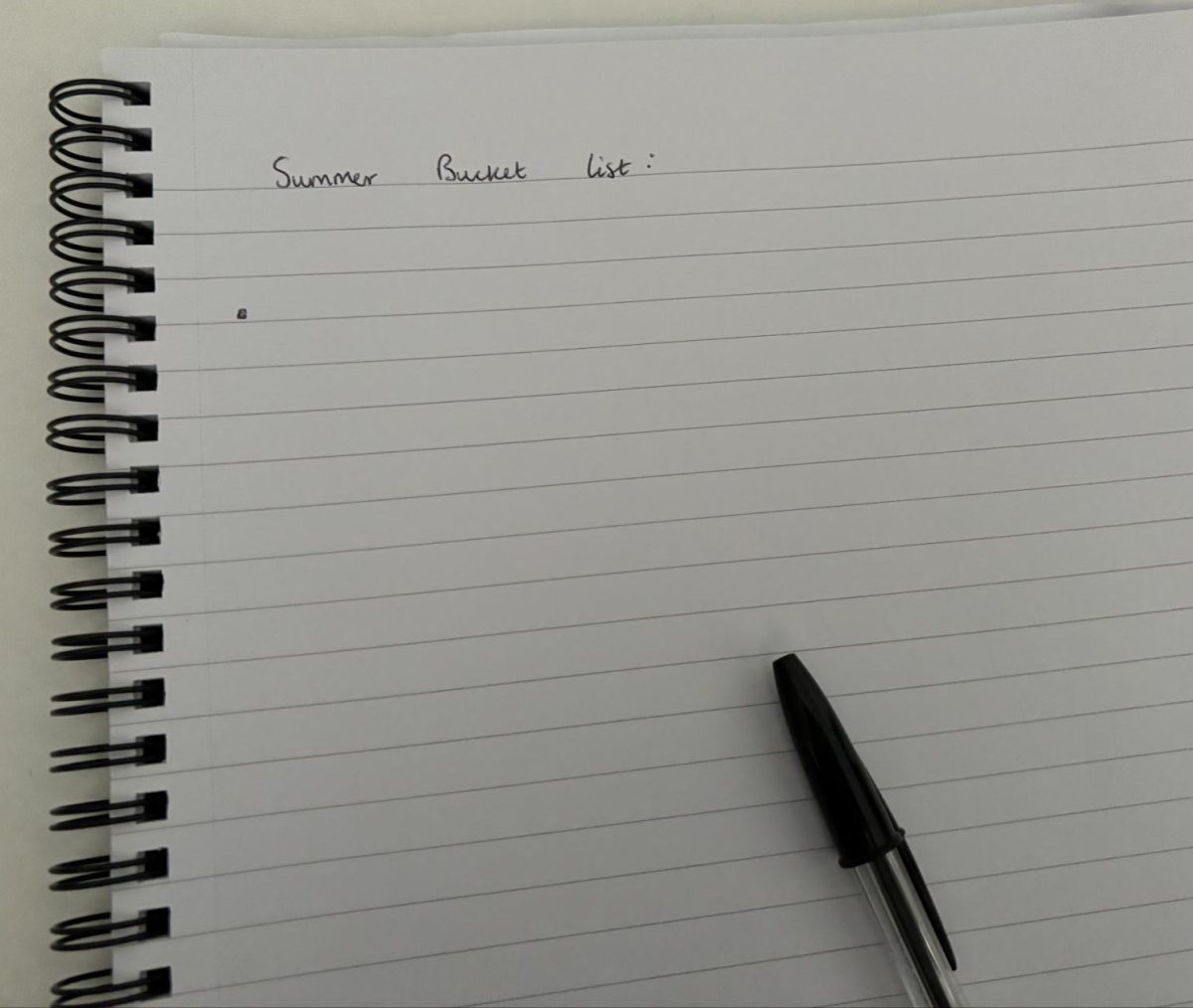








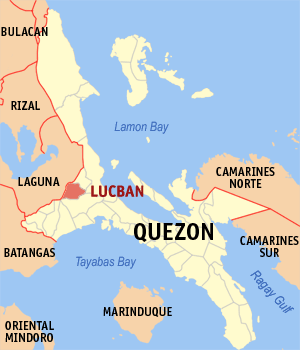


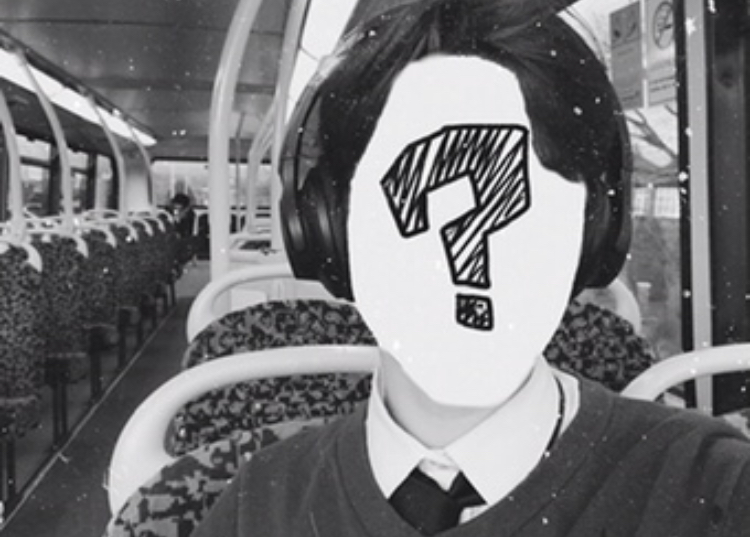



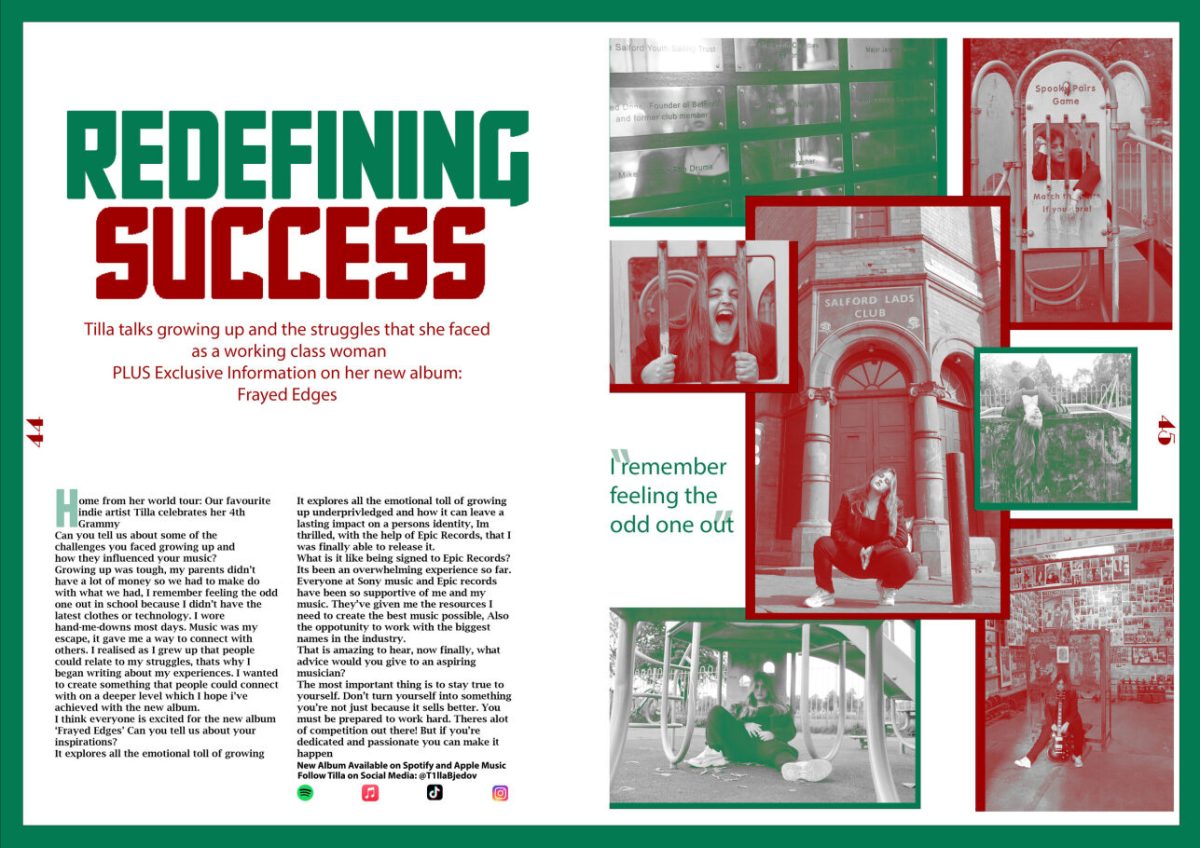






Han • Feb 9, 2023 at 5:50 am
A really fascinating look at the current state of food poverty in Manchester – and a government that is unwilling to truly ‘level up’ in the North
Jacqui Shirley - Organiser • Jan 18, 2023 at 6:06 am
A really important and relevant article, well done Shabnam